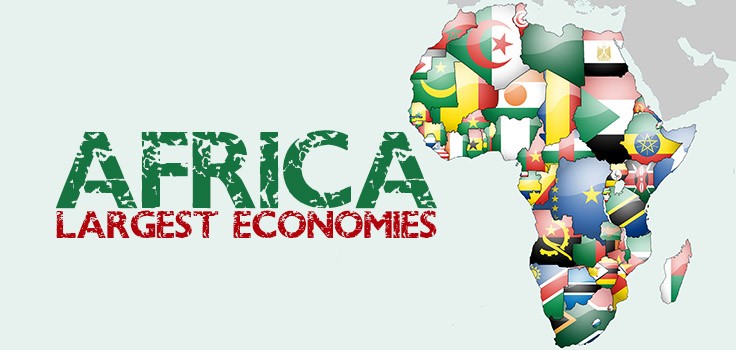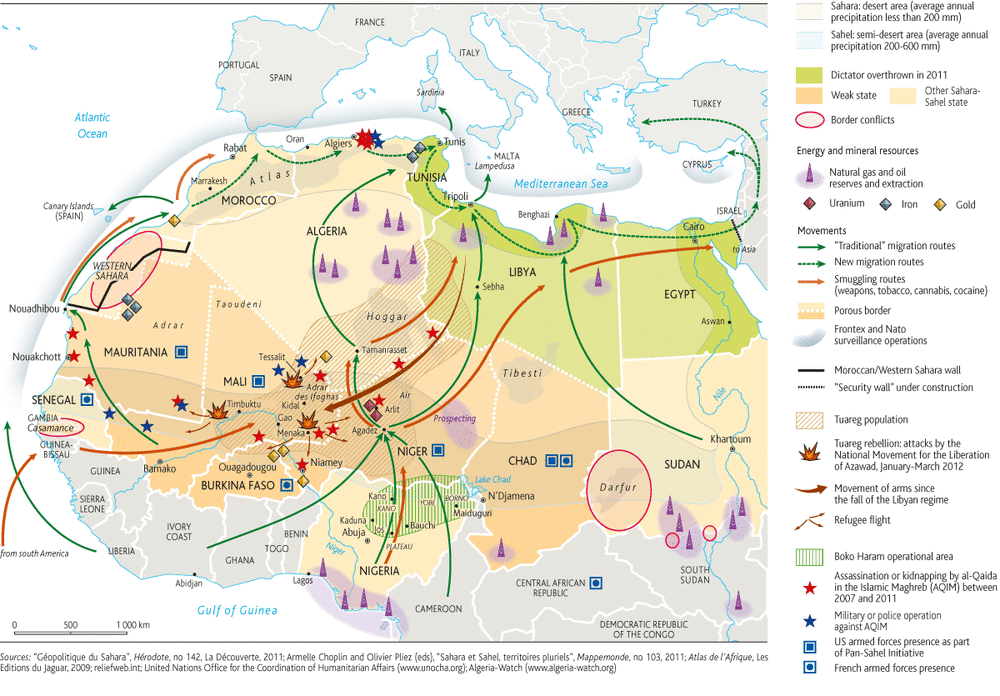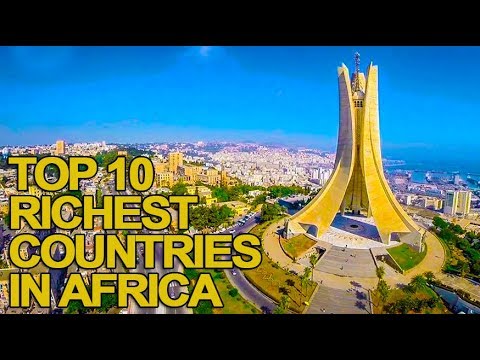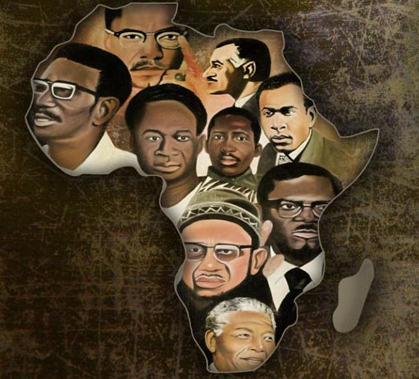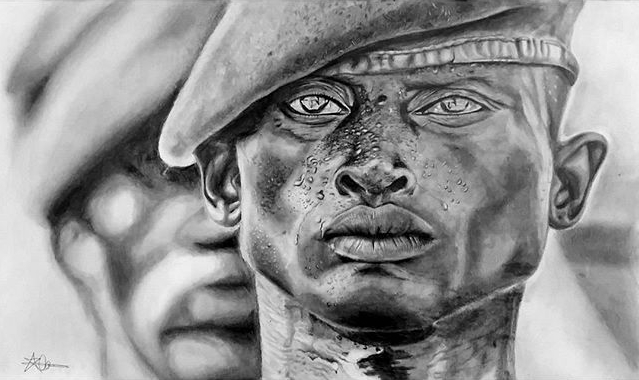No one really knows how big the African Diaspora is. The World Bank estimates Africans in the diaspora are spread out across the continents. In North America, there are 39 million from the African Diaspora; 113 million in Latin America; 13.6 million in the Caribbean; and 3.5 million in Europe. However, the African Diaspora plays a critical role in the transformation of the socio-economy of the African continent and the continent’s growth. Reports say that remittances to Africa in 2010 exceeded $40 billion.
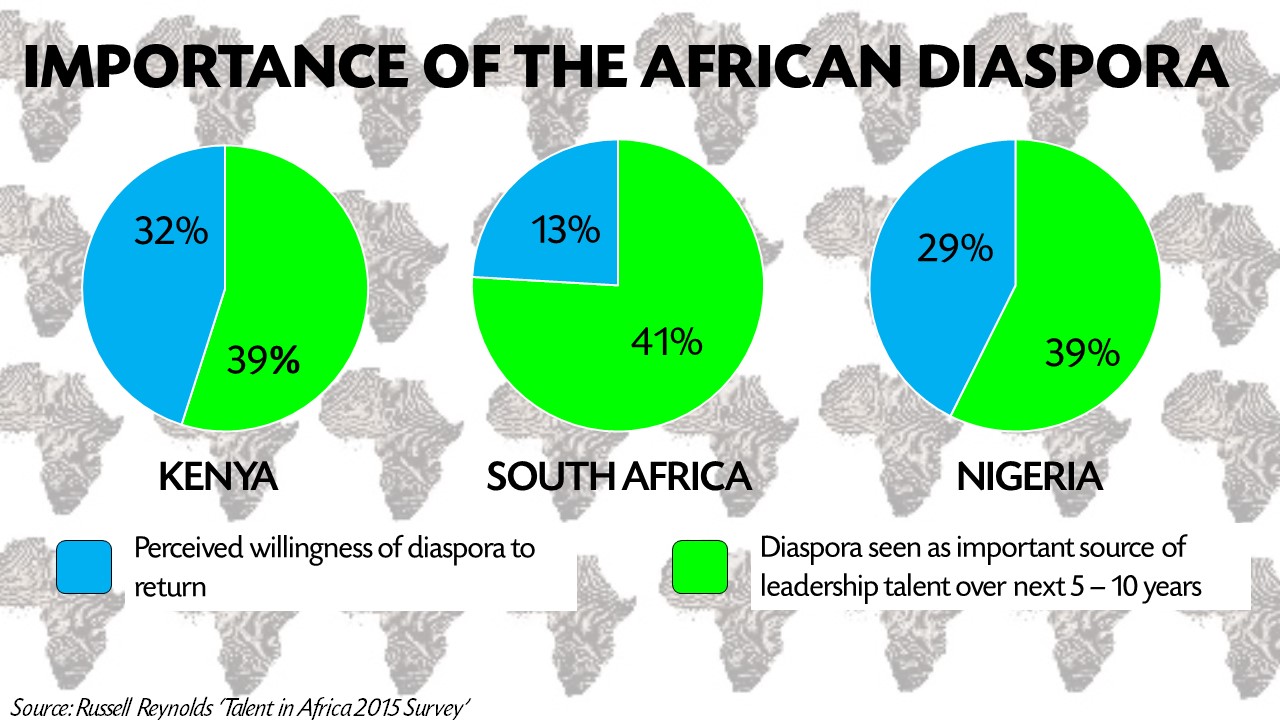
What is the African Diaspora?
Beatrice N. Kabutakapua, Writer and Researcher, argues that the definition of the African Diaspora changes based on who’s talking, some consider the African Diaspora all those with some connection – although weak connection to the continent – such as African Americans and Afro- others have spoken about the contemporary African Diaspora which is the more recent groups of people who left the continent after years of independence. For governments; the African Diaspora might be a not-well-defined group of people who might be help to fill the gaps of development for Africa.
Gianpaolo Bucci, Director and Producer of the Invisible Cities project who believes that “The whole world is our home”, defines it as a consistent flux of migration from the African continent, determined not only by conflicts, political and economic crises, but also by cultural factors – postcolonial influences, as the common perception of Western societies like an Eldorado – which gave origin to new solidaristic communities settled in the rest of the world.
Foreign Military Interventions in Africa: Does One Plus One Equal Fifty Four?
Economic and development contribution
The World Bank states that the diaspora Africans who live in North America are the most educated, skilled and resourceful community of Africans anywhere in the world and it is estimated that they save $53 billion annually.
Bucci thinks that Diaspora is already contributing, through remittances and returning entrepreneurs who are investing knowledge and skills acquired abroad in their home countries. Unfortunately, their contribution is limited to some extent by colonial influences and local attitudes.
“As for the economic development in Africa; I believe they shouldn’t be too pressured into trying to be the solution because there are still governments who are supposed to find a solution in the continent. The African Diaspora should indeed be facilitated into creating new opportunities in Africa but should not be burdened with the idea they are the solution for the continent’s economy,” said Kabutakapua.
Challenges
“From my perspective, which is the perspective of a journalist and researcher with African origins; one of the biggest challenges facing Africans overseas in Europe is representation and recognition. I feel there are still too many prejudices linked to being African and probably one of the reasons why is that what is portrayed in television is the so called “refugees crisis”. By offering this myopic and uneven representation all the others categories of Africans are left out – which negatively would affect their contribution to the continent at the end: entrepreneurs, students, researchers, businesspeople… Some steps are being done on local levels but there is still a long way ahead,” Kabutakapua stressed.
Bucci argues that the African Diaspora communities suffer a lack of recognition and visibility among indigenous in most European countries. Because media and politics are entirely focused on refugees and stranded migration. This informs a stereotypical image of afro-descendants that greatly affects their interactions with autochthonous societies: therefore, the access of afro-descendants to a wider range of opportunities is restricted by prejudices.



